Africa, one of the rising stars of the 21st century with its vast material resources, as well as demographic and economic growth rates, is also becoming one of the important centers of international competition.
Africa, which has been exploited by Western imperialism for centuries, is becoming one of the rising powers of the new world order like China, Russia, Turkey, and is developing cooperation with these countries in turn.
On the other hand, the former dominance of France is gradually decreasing in Africa, where it continues to fight for influence in the form of coups, combating terrorism and military interventions. While popular movements against Western imperialism and French colonialism are rising, they are not going out without a fight.
Still, protests against dominance of France resulted in a change of the power in Algeria (February, 2019) and in Mali (August, 2020).
In the presidential election held in Côte d’Ivoire on 31st October, current President Alassane Ouattara won the elections with an overwhelming majority of the votes (94.27%), despite the efforts of the United States and France to block it.
In December 2020, despite France’s efforts to prevent the elections by creating internal disturbance, the current President Touadera won the election against the plans of the US-France in the Central African Republic.
Now there is a popular movement in Senegal, long considered one of the strongholds of France in Africa. Ousmane Sonko, leader of the patriot’s party PASTEF, has been nominated as the favorite candidate in the presidential election to be held in 2024. However, France and its collaborator government are trying to eliminate Sonko and the people revolting against them.
We talked about the latest developments and also the role of global powers in the region with Assistant Professor Ceren Gürseler, an expert on Africa.
How would you evaluate the influence of France in West Africa after the developments in Mali and Ivory Coast?
French relations in West Africa have a security dimension. Recent intelligence reports acclaim that al-Qaeda in the Islamic Maghreb and the so-called Islamic State are under the preparation of terrorist attacks especially against the foreign targets. France, in other words, undertakes security responsibility that the other countries might otherwise have to bear. As a former colonial power, it is understandable to have some sort of cooperation and close relations. In Mali and the Ivory Coast, there is no solid opposition against France’s presence. There were some demonstrations against France’s military presence in Mali and Ivory Coast, however France’s exclusion from the security cooperation would increase insecurities in West Africa in the face of growing threat of the terrorist groups.
Senegal was known as one of the strongholds of France in Africa. However, after Mali and Ivory Coast, the people in Senegal also revolted against French exploitation. Ousmane Sonko, the leader of PASTEF, posed a threat to the French collaborationist government. He was first detained and then released recently under public pressure. Do you think Senegal and Sonko could strike back against French domination in West Africa?
The two countries have had very long relations. Colonial era memories and history still affect society’s memory and opposition against French-Senegalese relations. However, France continues to be important in Senegal for various reasons. France is the largest trading partner and investor in Senegal. The Covid-19 pandemic also affects how France is perceived by the society as French companies operating in the country are accused of stifling local-owned business in time of strict restrictions in fighting pandemic. As the latest demonstrations in Senegal reflect, support given to the prominent opposition leader contained some anti-French or anti-France flavor. The demonstrators aimed to support the leader but also aimed to show their resistance to incumbent president Macky Sall. But their resistance was not solely limited with the national politics, they targeted Senegalese-French resolutions as well. They stored several French companies like Total petrol stations. According to some protestors, France is a strong ally of the president Sall.
Sonko criticizes France’s economic role in Senegal and supports pan-Africanism. Sonko will have a long way to go to eliminate French-Senegalese relations or France’s role in West Africa. First, he will have to win the election of 2024. Then he will have to find some other country or ally to establish a comprehensive relationship and cooperation.
Global competition at the international level is also being reflected in Africa. We see that China and Russia also increase their influence and cooperation against the US-French dominance in Africa. Can this competition change the balance in the region?
The Russian Federation, when it is compared to China, can be labelled as a newcomer in Africa, hence it would be difficult to form an alliance or front against the US and European influence in Africa. China, with its tradition to not involve itself in the national affairs of Africa has been one of the most prominent actors in Africa. China’s lack of colonial record is a contributing factor for close Chinese-African relations but it has to be remembered that some former colonizers have also close relations with African states.
How do you evaluate Turkey’s initiative in Africa? Where does Turkey stand in this competition?
Turkey has increased its relations with Africa. The relationship has passed several stages that have aimed to open new opportunities for cooperation. In comparison with other states, Turkey has a new facet in her relations with Africa: the national security issue. The FETO (Fethullah Gülen Terror Organization), once a tool for the state’s opening to Africa and for Turkey’s soft power, brings security as an important component of the Turkish-African relations. Hence Turkey closely watches related developments in Africa especially Africa’s participation in its fight against FETO. On the other hand, Turkey, in comparison to China, the USA and France, lags far behind.










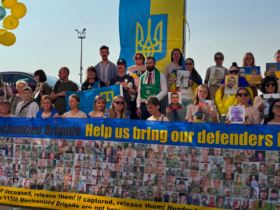
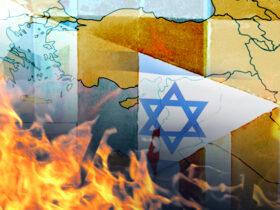
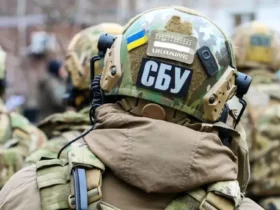
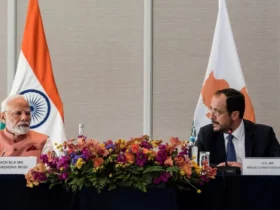
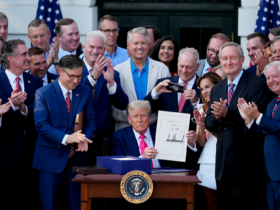
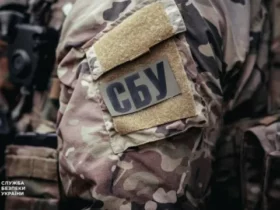

Leave a Reply